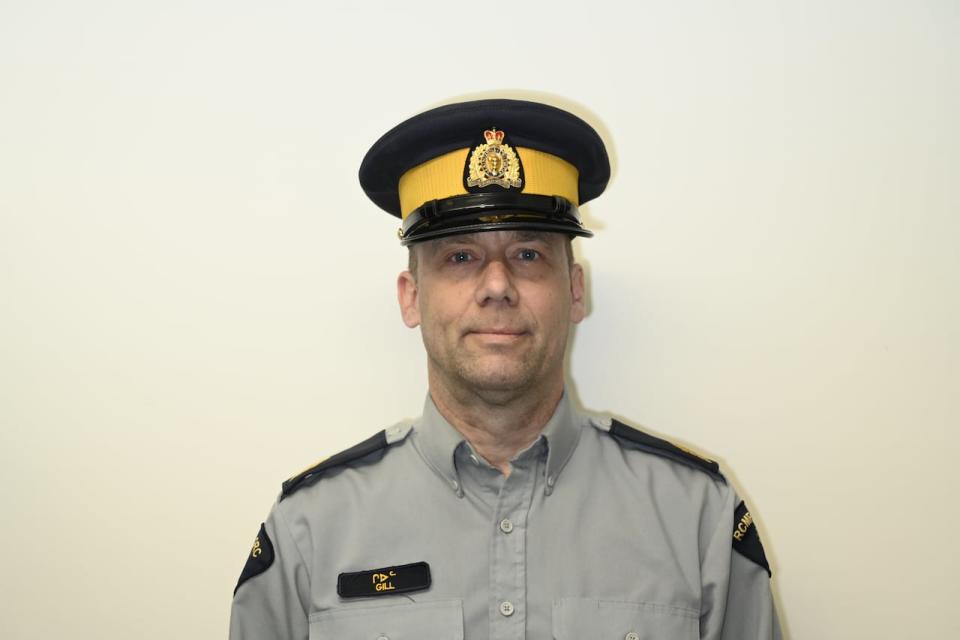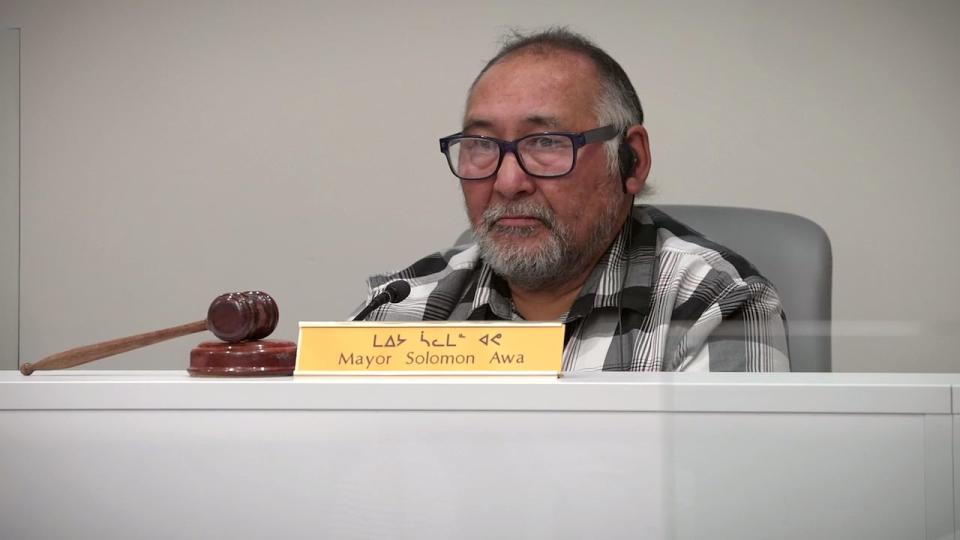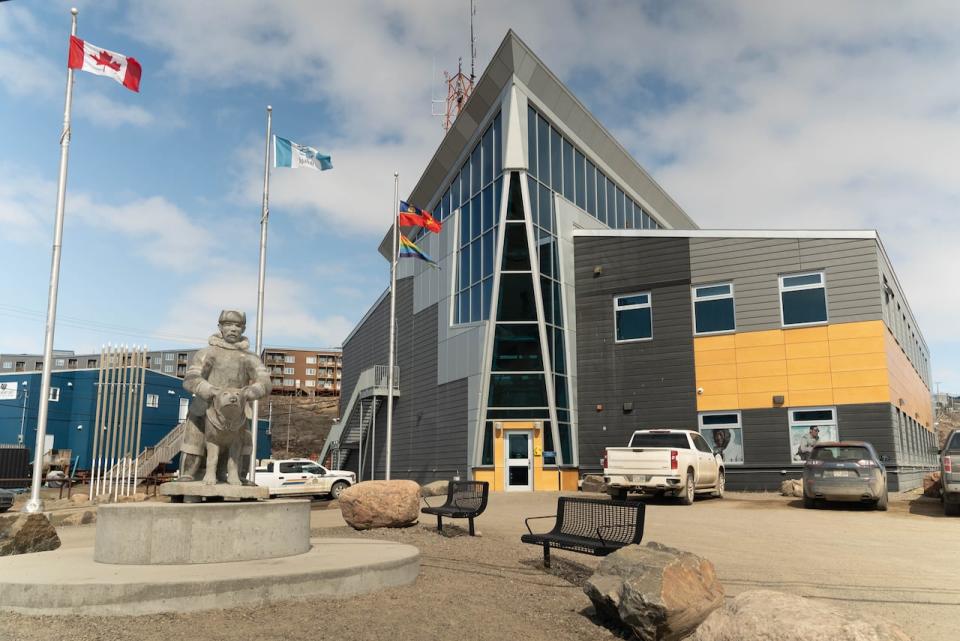Iqaluit mayor not ruling out alcohol ban, while RCMP step up efforts to curb public drinking
Iqaluit's mayor said he's pleased to hear more police officers will be on the lookout for public intoxication this summer.
But Mayor Solomon Awa also said he's not ruling out further action by the city — such as a temporary alcohol ban across the city — if increased RCMP patrols don't yield results.
City councillors unanimously passed a motion at their May 28 meeting, calling on the RCMP and the Government of Nunavut to do more about public drinking.
"We need some help from [the RCMP] on public intoxication to make sure the laws are abided by," Awa said in an interview with CBC.
Staff Sgt. Darrell Gill, Iqaluit's RCMP detachment commander, said he's heard those calls, which is why the police force has begun extra patrols, especially in areas known to be problematic for public drinking.
"With warmer weather, we see an increase in public intoxication. Happens pretty much every year," Gill said.

He said police are taking a zero-tolerance approach. That will include seizing all open alcohol, and in cases where a person is extremely intoxicated, police will "take them to a family member or a safe place where somebody can take care of them," he said.
Since May 9, police have confiscated alcohol from people in the city 21 times — half of those happened in the first few weeks of June.
Officers will also use ATVs to reach areas not easily accessible by regular patrol vehicles, which Gill said the police force has done in previous summers.
Not ruling out temporary ban on all alcohol
At last month's city council meeting, Coun. Kyle Sheppard floated the idea of a temporary ban on purchasing and consuming alcohol, if nothing is done to curb drinking at outdoor public places.
The Department of Justice said that because Iqaluit has an unrestricted liquor system, that would require a petition to Nunavut's minister of finance to hold a plebiscite, or a public vote, on that.
Such a ban, if passed, would prohibit the consumption, possession, and purchase of alcohol for up to 14 days, including at licensed establishments like bars, restaurants, and the beer and wine store.
Special bans have been used elsewhere in the territory, including in Baker Lake.

Awa said this is the first time the City of Iqaluit has called on the RCMP to step up their enforcement efforts — and he won't rule out a temporary alcohol ban.
"We'll see after the RCMP report to see if there is a reduction in alcohol consumption or alcohol-related calls," he said.
Coordinated response needed beyond enforcement
Awa recognizes that curbing public intoxication is not solely the responsibility of the RCMP, and will require buy-in from the community.
"It is everybody's responsibility that if they see [drinking in public], that they also report or call the RCMP as well," he said.
Staff Sgt. Gill said in the coming weeks, he is set to meet with officials from the City of Iqaluit, and the Government of Nunavut, about how to address the issue, including preventative efforts.

The Department of Justice said it also co-leads an interagency committee with the RCMP, to provide interventions and connect families with support services.
Also near completion is the First Nations and Inuit Policing Program (FNIPP) in Iqaluit. The Department of Justice said it has funding for 15 officers under the FNIPP, who will be focused on community policing initiatives as RCMP officers.
Iqaluit will have one new officer, who is set to begin this fall.

